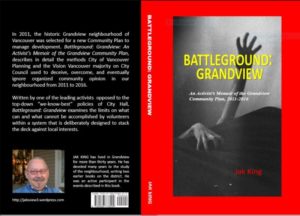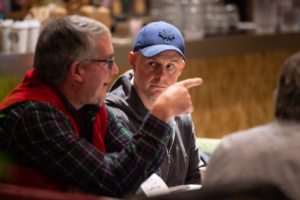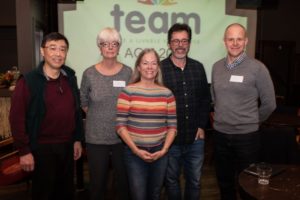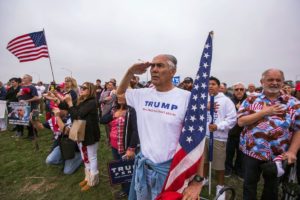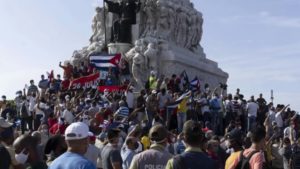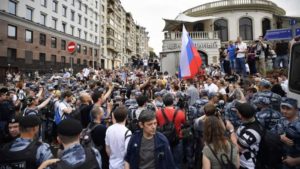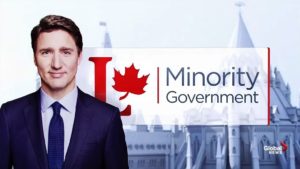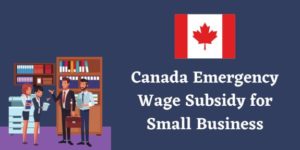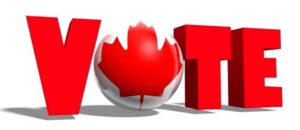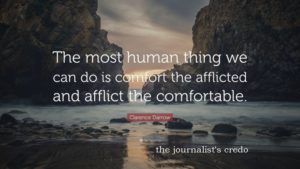
In 314 days, voters go to the polls to elect the next Vancouver civic government.
For which Mayoral candidates will voters cast their ballots, which civic parties and which candidates for office will garner their support? How will Vancouver’s plethora of municipal parties get their ‘Elect Me, Elect Me’ message out to voters?
Social media? Advertising? All candidates meetings? Door knocking? Well-run, well-organized, ‘get out the vote’ civic campaigns for office, staffed by volunteers?
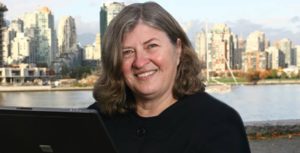 The Globe and Mail’s Frances Bula, the dean of Vancouver’s civic affairs reporters
The Globe and Mail’s Frances Bula, the dean of Vancouver’s civic affairs reporters
All of the above, and … the media, members of the working press, and more specifically, the hard-working civic affairs reporters who have dedicated their lives to reporting on democratic engagement in Vancouver civic politics: the doyenne of Vancouver civic affairs reporters, Globe and Mail freelancer & Vancouver Magazine columnist, Frances Bula, who has dedicated her working life to reporting on the livable city.
And, the hardest working journalist in civic politics, The Vancouver Sun’s Dan Fumano; former much respected Vancouver Courier, and now much respected Business in Vancouver and Vancouver is Awesome municipal affairs reporter, Mike Howell; the indefatigable Kenneth Chan at Daily Hive Vancouver (how does he accomplish so much — after all, there are only 24 hours in a day?), who is also editor of Vancouver’s première online source for Lotusland news; and the man-of-good-cheer who loves charts, the CBC’s ‘I live to report the news’, the one, the only civic affairs and jack of all journalistic endeavours reporters, Justin McElroy.
And let us not forget, the longtime editor of The Georgia Straight, Charlie Smith — independently-minded, a man of tireless endeavour when it comes to reporting on civic politics, and so very much more, a man possessed of much wit, passion and compassion. And, his civic affairs reporting colleague at The Straight, Carlito Pablo.

Another primary source for coverage of Vancouver’s critically important upcoming municipal election is Bob Mackin’s theBreaker.news. Not familiar with, don’t know about, never visited the curries no favours with politicos, tells it like it is and gives you the straight goods, the source for real reporting on the civic events of the day, and the must-visit muckraking site, in the tradition of I.F. Stone, theBreaker.news is your source for breaking news on Vancouver’s civic affairs scene.
Make no mistake, it is Ms. Bula’s, Mr. Fumano’s, Mr. Howell’s, Mr. Chan’s, Mr. Smith’s, Mr. Pablo’s, Mr. Mackin’s and Mr. McElroy’s reporting, the stories they choose to tell and their interpretation of what they see and what they’re being told, how they feel about the worthiness of the candidates who are offering themselves for service to the residents of Vancouver, who will emerge as the factor of greater importance in the determination as to which party will govern as a majority at Vancouver City Hall — every one of Vancouver’s municipal parties want more than anything else to govern as a majority — as to who will emerge as Vancouver’s next Mayor, and who will sit as Vancouver City Councillors in the 2022 – 2026 term of office.
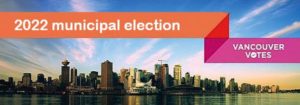
Current and probable candidates for Vancouver’s next Mayor: Ken Sim, with A Better City; Mark Marissen, with Progress Vancouver; John Coupar, with our city’s oldest and longest governing municipal party, the Non-Partisan Association; Colleen Hardwick, with TEAM … for a livable Vancouver; Wai Young, with Coalition Vancouver; Andrea Reimer, with Vision Vancouver; Patrick Condon, with the Coalition of Progressive Electors; Jody Wilson-Raybould, with OneCity Vancouver; and independent, current Mayor, Kennedy Stewart will all want to garner much attention from Vancouver’s respected, reputable and influence-making municipal affairs reporters, make these good folks of conscience their new best friends.
All the while, the current and probable Mayoral — and their party colleague — candidates will want to convince these all-important civic affairs reporters that they, and they alone, possess the key, the will power, the wit, the acumen, the knowledge of how government works, and the exquisite humanity to make Vancouver the affordable and livable city all Vancouver residents want and need, drawing support from across the political spectrum, across Vancouver’s economic strata and in every one of our city’s 23 diverse neighbourhoods, and across and in every critically-important ethnic community comprising the city we love so very much.
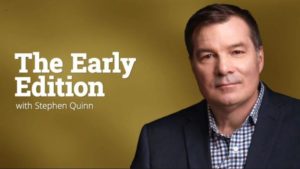
In addition, the CBC’s Early Edition host, Stephen Quinn — no fool, he, and ‘influencer’ of extraordinary proportion. Plus, CKNW’s talented and inquisitive, Simi Sara, who knows how to ask the pointedly unsettling question; Al Jazeera’s lover-of-all-things civic politics, and along with former Vancouver City Councillor (and sometime CKNW host), George Affleck, of The Orca podcast, Jody Vance; former publisher-editor of the much-missed and well-researched political affairs CityCaucus ‘blog’, Mike Klassen (who is VanRamblings’ 17-year-long webmaster), and his Vancouver Overcast podcast; and last but certainly not least, This is VanColour’s tough, yet fair-minded, Mo Amir, now on CHEK-TV, Sundays at 7pm.
The coverage that will be provided to all political candidates offering themselves for service in the municipal arena and asking for your vote — by all those journalists whose names appear above — is called ‘earned media’, and is — and has always been — of exponentially greater importance to candidates running for office — or at the very least, of equivalent importance — than the combined efforts of candidate campaign teams, the donations to political parties from members of the public who will fund the civic party campaigns, and the myriad of all-candidates meetings that will fill civic affairs calendars from the spring of 2022 on, through until Vancouver’s next civic Election Day, to be held on Saturday, October 15th, 2022.
Make no mistake — journalists represent the voice of the people.
Journalists are, and have always been, the information and news conduit between those who govern, or would propose to govern us, and Canadians, be it provincially or federally — and because, municipally, journalists and candidates are so much closer to the residents of the city whose interests they represent than is true of senior levels of government, journalists should be seen as part of a candidate’s family, as they are members of the families of the 40% of the Vancouver electorate who will cast their ballot at an election polling station, just 314 days from today.

